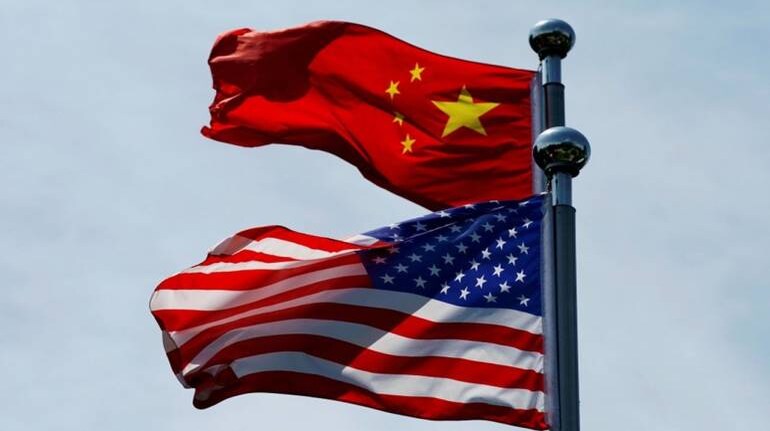



Market players, bankers and investors still see the US-China trade war as the top near-term threat to US financial stability, the Federal Reserve said in a report on November 15. And, given the sky-high debt levels of many American companies, Federal Reserve Board Governor Lael Brainard also called for "heightened vigilance" against emerging risks.
Overall, vulnerabilities to the financial system have changed little since a prior report in May: asset prices relative to earnings remain high in some markets and borrowing is rapidly rising among the riskiest companies, the report found.
But households and the largest US banks remain on surer footing, it said. As in a prior report in May, trade remained the top concern.
A majority of 24 contacts across the banking and investment world cited trade as their top worry in the next 12 to 18 months -- expecting President Donald Trump's China tariffs to remain in place well into 2020 and saying the levies had begun to affect the US economy.
"Some contacts also worried about a deterioration in broader US-China relations -- rooted in technology and national security issues -- and the potential for regional geopolitical risks in Hong Kong, Taiwan, and North Korea to amplify bilateral tensions," the report said.
Respondents' second-biggest worry was whether the world's central banks will be able to respond in the event of a recession, given that interest rates in major economies are already very low or even negative.
The report again sounded an alarm on corporate debt, which it had said has grown faster than the economy during most of the recovery since the crash of 2008 -- a phenomenon which continued in the first half of this year.
"The current combination of very low credit spreads and high levels of indebtedness among risky nonfinancial corporates, including through leveraged loans, merits heightened vigilance," Brainard said in remarks released by the Fed.
Over the medium term, the low-interest rates and cheap money make investors take risks and "could increase financial vulnerabilities," she added.
About half of currently outstanding investment-grade debt is rated in the lowest possible category above junk -- triple-B -- near an all-time record, according to the report.
In a recession, widespread corporate debt downgrades could cause investors to dump those bonds, drying up market liquidity in a segment of the bond market already suffering low levels of cash, according to the report.
Discover the latest Business News, Sensex, and Nifty updates. Obtain Personal Finance insights, tax queries, and expert opinions on Moneycontrol or download the Moneycontrol App to stay updated!
Find the best of Al News in one place, specially curated for you every weekend.
Stay on top of the latest tech trends and biggest startup news.